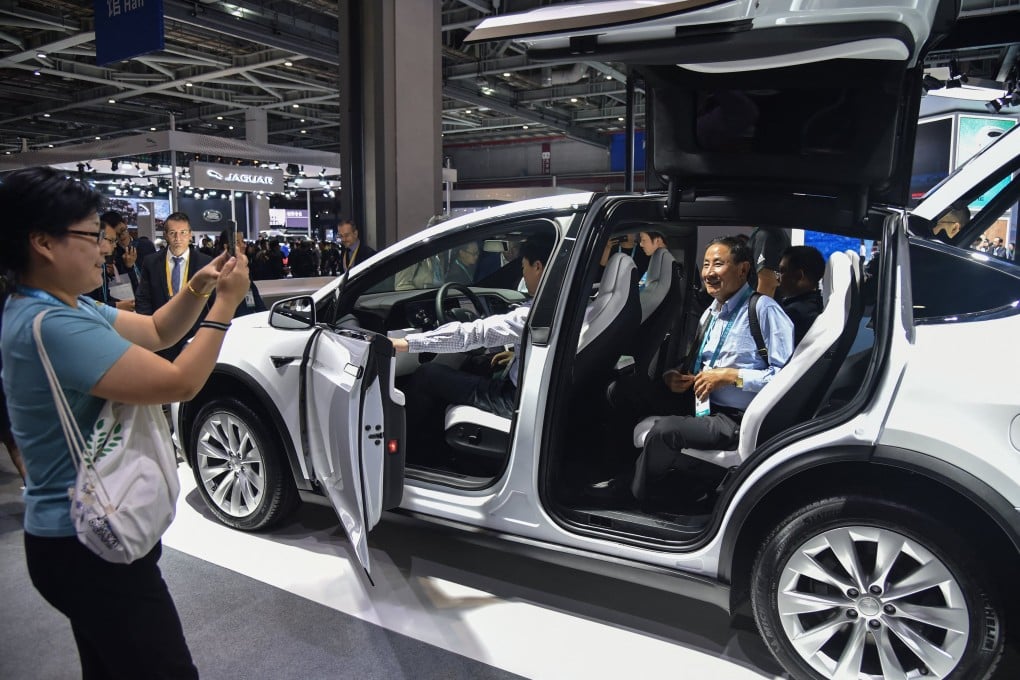Tesla’s fall from grace in China shows even Elon Musk’s star power is not enough to keep Beijing happy
- Tesla’s hi-tech halo, and Elon Musk’s influence, may no longer be enough to protect the electric-car maker from the risks of doing business in China

Huang Jiaxue, a businessman in Wenzhou, in eastern China, was thrilled when he got his Tesla Model 3 late last year. The car was good-looking, environmentally friendly and even domestically built, having rolled off the line at California-based Tesla’s vast factory in Shanghai. But in May he sold it, recouping only about 75 per cent of the 249,900 yuan (US$38,530) he paid.
“It’s out of safety concerns,” Huang said, citing reports on Chinese social media, vigorously disputed by Tesla, of the brakes failing on its vehicles. “Reading about it every day, I’ve been afraid of driving.”
There is little to no concrete evidence of anything wrong with the brakes in Tesla’s China-built cars. What is clear, however, is that the remarkable honeymoon chief executive Elon Musk enjoyed in the world’s most populous nation is over.
After receiving red-carpet treatment from government officials, who granted Tesla the unprecedented concession of allowing it to wholly control its local subsidiary, the carmaker is now being forced to rethink its strategy, from customer service to public relations, in a market that is key to Musk’s long-term ambitions.
The overhaul is a response to an unusual degree of attention from regulators, as well as a rash of negative press coverage and online criticism. Last month, the Chinese government ordered a recall of almost all the cars Tesla had sold in the nation – more than 285,000 in all – to address a software flaw.
At the same time, the vehicles are being banned from some government facilities over concerns they could send data to the United States, and local carmakers such as Nio and Xpeng are mounting a vigorous challenge to Tesla’s dominance, winning over consumers with increasingly stylish designs.

